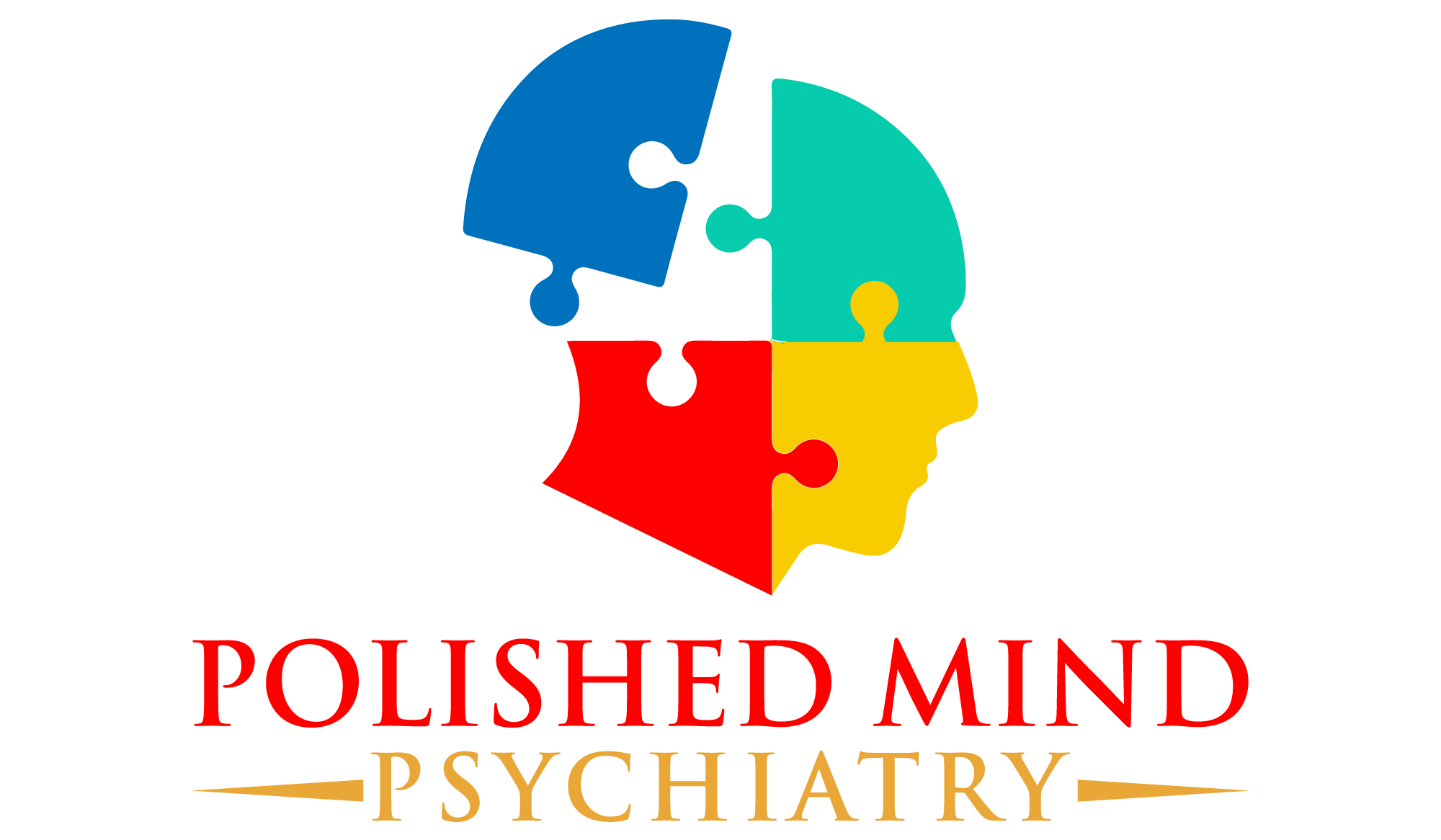Living with bipolar disorder presents unique challenges, but it doesn’t have to define your life. Many people find ways to manage their symptoms and lead fulfilling lives. This guide explores how to deal with bipolar disorder, offering practical steps and insights to help individuals and their loved ones navigate this condition. From understanding the basics to building a supportive environment, we’ll cover key areas for managing bipolar disorder effectively.
Key Takeaways
- Recognizing the signs of bipolar disorder is the first step toward seeking professional help and starting a treatment plan.
- A personalized treatment plan, often including medication and therapy, is vital for managing mood swings and improving daily function.
- Building a strong support system and integrating healthy lifestyle habits are crucial for long-term stability and well-being.
Understanding Bipolar Disorder and Its Management

Bipolar disorder is a complex mental health condition characterized by significant shifts in mood, energy, and activity levels. These shifts, often referred to as mood episodes, can range from periods of intense elevated mood (mania or hypomania) to periods of deep depression. For individuals in Texas, Washington, California, Iowa, and New York, understanding these patterns is the first step toward effective management. At Polished Mind Psychiatry, we recognize that living with bipolar disorder requires a tailored approach, and our team is dedicated to providing that support.
Recognizing the Signs and Symptoms of Bipolar Disorder
Identifying the signs of bipolar disorder is key to seeking help. The experience of bipolar disorder can vary greatly from person to person, but common indicators include distinct periods of elevated mood and periods of depression. During manic or hypomanic episodes, individuals might experience:
- Increased energy and decreased need for sleep
- Racing thoughts and rapid speech
- Unusual talkativeness
- Inflated self-esteem or grandiosity
- Increased impulsivity and engagement in risky behaviors
Conversely, depressive episodes can involve:
- Persistent sadness or emptiness
- Loss of interest in activities
- Fatigue and low energy
- Changes in appetite or sleep patterns
- Feelings of worthlessness or guilt
- Difficulty concentrating
It’s important to note that these symptoms can significantly impact daily life, affecting relationships, work, and overall well-being. If you or someone you know is experiencing these symptoms, seeking professional evaluation is a vital step. You can learn more about our services and schedule an appointment at Polished Mind Psychiatry.
The Importance of Professional Diagnosis and Treatment
Accurate diagnosis is the foundation for effective treatment of bipolar disorder. Without a proper diagnosis, individuals may receive treatment for the wrong condition, leading to ineffective care and potential worsening of symptoms. A mental health professional can conduct a thorough evaluation, considering the full spectrum of symptoms and personal history. This process helps to distinguish bipolar disorder from other conditions that might share similar symptoms, such as depression or anxiety disorders. Psychiatric evaluations are designed to provide clarity and a clear path forward.
Receiving a diagnosis is not an endpoint, but rather the beginning of a journey toward managing the condition and improving quality of life. It opens the door to evidence-based treatments that can make a significant difference.
Treatment for bipolar disorder typically involves a combination of approaches. Medication management, often including mood stabilizers and antipsychotics, plays a significant role in stabilizing mood swings. Psychotherapy, such as Cognitive Behavioral Therapy (CBT) or Interpersonal Therapy (IPT), is also highly beneficial. These therapies help individuals develop coping strategies, manage stress, and improve interpersonal relationships. For those in need of specialized care, exploring treatment for bipolar disorder options is a proactive step towards stability and well-being.
Strategies for Living Well with Bipolar Disorder

Living with bipolar disorder involves more than just managing symptoms; it’s about building a life that is stable, fulfilling, and resilient. This requires a proactive approach, focusing on consistent self-care, strong relationships, and a clear understanding of one’s own needs. For individuals in Texas, Washington, California, Iowa, and New York, finding the right support can make a significant difference. Polished Mind Psychiatry is dedicated to helping you achieve this balance.
Developing a Personalized Treatment Plan
A personalized treatment plan is the cornerstone of managing bipolar disorder effectively. This plan is not a one-size-fits-all document; it’s a dynamic roadmap created in collaboration with healthcare professionals. It typically includes a combination of medication, therapy, and lifestyle adjustments. Regular check-ins with your psychiatrist are important to monitor progress and make necessary adjustments. For those seeking expert guidance in developing such a plan, consider reaching out to professionals who can tailor treatment to your specific needs. You can explore options and book an appointment to start this process.
Integrating Lifestyle Changes for Stability
Beyond formal treatment, integrating specific lifestyle changes can greatly contribute to mood stability. These changes focus on creating predictable routines and reducing potential triggers. Key areas include:
- Sleep Hygiene: Aim for consistent sleep and wake times, even on weekends. A regular sleep schedule is vital for mood regulation.
- Nutrition: A balanced diet can impact mood. Focusing on anti-inflammatory foods may help stabilize mood and reduce symptoms. Exploring nutritional tips for bipolar wellness can be beneficial.
- Stress Management: Identifying and practicing stress-reducing activities is important. Techniques like mindfulness, gentle exercise, or creative pursuits can lower stress levels, which often worsen bipolar symptoms.
- Routine: Establishing a daily routine for meals, activities, and sleep can provide a sense of structure and predictability.
Building a Strong Support System
No one has to manage bipolar disorder alone. A robust support system is invaluable. This can include:
- Family and Friends: Educating loved ones about bipolar disorder can help them understand your experiences and offer effective support. Family therapy can be a great resource for improving communication and creating shared strategies.
- Support Groups: Connecting with others who have similar experiences can reduce feelings of isolation and provide practical advice.
- Mental Health Professionals: Your treatment team, including psychiatrists and therapists, are key members of your support network. They provide professional guidance and ongoing care. If you’re in Texas, New York, California, or Iowa, Polished Mind Psychiatry offers virtual clinic services to support your journey.
Remember, consistency in treatment and lifestyle is key. Taking these steps can lead to a more stable and fulfilling life. If you’re looking for professional help to create your personalized plan, don’t hesitate to book an appointment.
Living well with bipolar disorder is achievable. Finding the right support and tools can make a big difference in managing your daily life. Discover practical tips and helpful resources to navigate your journey. Visit our website today to learn more about effective strategies and how we can help you thrive.
Moving Forward with Bipolar Disorder
Living with bipolar disorder is a journey, not a quick fix. It takes effort to manage mood swings and keep life on track. Remember, you don’t have to go through this alone. Finding the right support, whether it’s through therapy, medication, or a strong personal network, makes a big difference. Polished Mind Psychiatry is here to help you find that path to feeling better and living a more stable life. If you’re ready to take that step, reaching out is the first move toward a brighter future. You can book an appointment at polishedmindpsychiatry.com to start your journey.
Frequently Asked Questions
What exactly is bipolar disorder and how is it managed?
Bipolar disorder is a brain condition that causes extreme shifts in mood, energy, and focus. These shifts can be very different from the normal ups and downs that most people experience. People with bipolar disorder might have periods of feeling overly happy and energetic (called mania or hypomania) and then periods of feeling very sad and low in energy (called depression). It’s important to get a proper diagnosis from a doctor, as treatment can help manage these mood swings and allow individuals to live a more stable life. Polished Mind Psychiatry offers personalized care to help manage bipolar disorder.
How can someone tell if they might have bipolar disorder?
Recognizing the signs is the first step. For bipolar disorder, this could mean noticing extreme mood swings that last for days or weeks. During manic episodes, a person might feel very energetic, need little sleep, talk fast, and have racing thoughts. During depressive episodes, they might feel hopeless, have no energy, and lose interest in things they used to enjoy. If you or someone you know is experiencing these changes, seeking professional help is crucial. A doctor can provide a diagnosis and create a treatment plan, which often includes medication and therapy. Polished Mind Psychiatry can help you understand these signs and start a treatment plan.
What are some effective ways to manage bipolar disorder in daily life?
Living well with bipolar disorder involves several key strategies. Creating a personalized treatment plan with a healthcare provider is essential. This plan might include medication to help balance mood, along with therapy to learn coping skills. Making healthy lifestyle choices, such as getting enough sleep, eating well, and exercising regularly, can also make a big difference in maintaining stability. Building a strong support system, including friends, family, or support groups, provides emotional backing. Polished Mind Psychiatry is here to support you in building these strategies for a better life.





